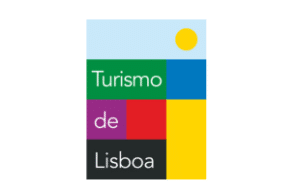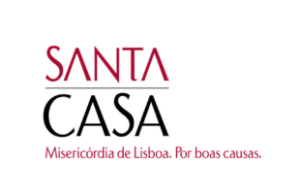
The European Social Services Awards brings people from across Europe together to celebrate achievements in social services and the passion and dedication of those who work in the delivery of social services to make a difference for the most vulnerable in our societies. Join us in November 2025 in the vibrant city of Madrid for the next edition of the European Social Services Awards (ESSA).
Impact of the 2024 Edition
- 103 applications received
- 45 projects selected and invited
- 160 delegates from 20 countries, including EU officials, NGOs, and sector leaders.
- Over 20,000 website visits and 35,000 online votes!
Partners can:
- Meet social services professionals with different backgrounds and from different sectors
- Learn about the latest social policy and practice trends
- Discuss opportunities and challenges
- Showcase solutions and products to potential clients.
Partners can benefit from displaying an exhibition stand during the networking day, sponsoring an award category and/or the gala dinner.
Contact the ESN Development Coordinator Francesco Capuani at francesco.capuani@esn-eu.org to find out more about the partnership opportunities available.
WE WOULD LIKE TO THANK THE FOLLOWING ORGANISATIONS FOR THEIR SUPPORT
WITH ESSA 2024


Lisbon City Council
Lisbon City Council serves as the legislative arm governing the vibrant city of Lisbon, Portugal. Its broad areas of intervention encompass various facets of social welfare, spanning from supporting children and young people to assisting older individuals and those facing social vulnerabilities. The council prioritizes initiatives aimed at addressing homelessness, addiction, and mental health challenges, while also championing public health initiatives and fostering gender equality.

Turismo de Lisboa
The Lisbon Tourism Association – Visitors & Convention Bureau’s primary objectives include the sustained development of tourism within its area of intervention, the promotion of Lisbon as a top tourist destination for leisure, and the promotion of the city as a prime location for congresses, fairs, and incentive trips. Additionally, the association aims to provide valuable information and support to visiting tourists.

Santa Casa da Misericordia de Lisboa
Santa Casa da Misericórdia de Lisboa, based in Lisbon, is a corporation governed by private law with recognized public utility, oversight by the Ministry of Social Affairs and funded by the revenue of the lottery games in Portugal. Since 1498, SCML pursues its original mission – improve the quality of life of the citizens, by managing all social policies related to children, youth, adults, families and older people, with particular emphasis on population groups who are in difficulties (disability, dependency needs, poverty).


EY
EY helps to create long-term value for clients, people and society and build trust in the capital markets. Enabled by data and technology, diverse EY teams in over 150 countries provide trust through assurance and help clients grow, transform and operate. Working across assurance, consulting, law, strategy, tax and transactions, EY teams ask better questions to find new answers for the complex issues facing our world today.

Edenred
Edenred designs and delivers innovative solutions to assist public authorities in the implementation of their social policies. Edenred provides public entities with efficient means of distributing social benefits, respecting policy’s objectives and beneficiaries’ needs. These solutions are based on a wide range of technological options, from chip cards to biometrics tools and fully digital programmes.

Microsoft
Microsoft’s mission is to empower every person and every organization on the planet to achieve more. Microsoft supports public health and social service organizations to better serve constituents and communities using innovative technologies to deliver secure and trustworthy services. Helping organizations protect vulnerable populations, enhance social and human services and improve the health of the public.

Deloitte Portugal
Deloitte brings innovative yet practical solutions to navigate this vastly complex market to protect and provide better outcomes for communities around the world, through programmes to assist with social welfare, unemployment, or family care, in addition to physical and mental health.

Casa Mendes Gonçalves
Casa Mendes Gonçalves is a leading company in the food sector in Portugal, specializing in the production of vinegars, sauces and piri-piri. Its brands – Paladin, Peninsular, Moreno, Sacana, Biomit, Rubies in the Rubble and Dona Pureza – reflect quality and the Portuguese essence. The company aims to be a reference in the food of the future, positively impacting people and the environment.

Delta Cafés
Delta Cafés is a Portuguese coffee roasting and coffee packaging company headquartered in Campo Maior, Alentejo. The company was founded in 1961 and is among the top market leaders in the Iberian Peninsula. Founded by Rui Nabeiro (1931-2023), its conglomerate includes interests in agribusiness, agriculture, real estate, hotels, and other businesses.
